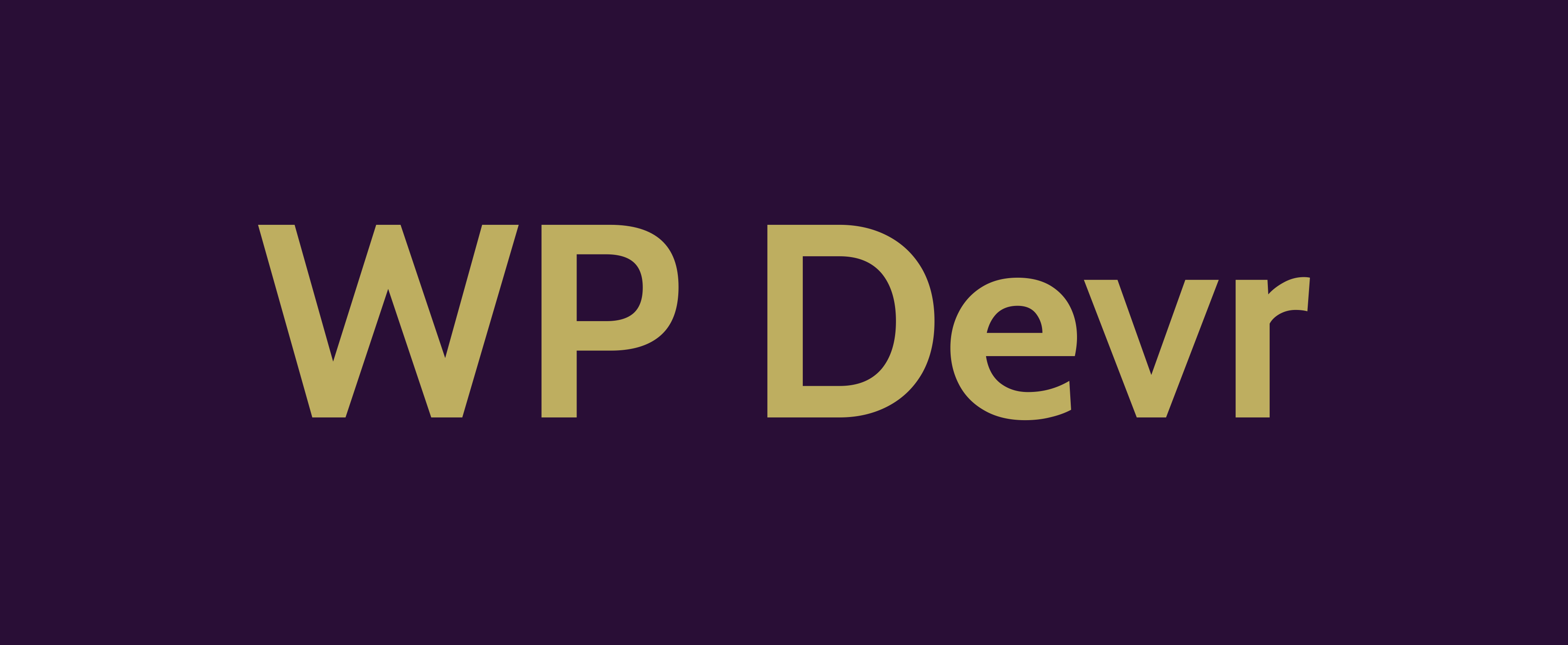Avoiding Jquery Conflicts With Other Javascript In WordPress
The $ Variable Collision Problem
One of the most common issues that arises when using jQuery in WordPress is a conflict over the $ variable. By default, jQuery uses $ as a shortcut alias for the jQuery() function. For example, $(document).ready() can be used instead of the longer jQuery(document).ready().
The problem occurs because other JavaScript libraries like Prototype, MooTools, and certain WordPress plugins also use the $ variable as an alias. Having multiple libraries and plugins trying to use $ causes it to be redefined and creates conflicts where jQuery or the other scripts break.
A real-world example is when a plugin like Contact Form 7 or Gravity Forms is used on a site where the theme is already using jQuery. Both try to control $ and variables get overwritten. This causes jQuery features to fail or stop working entirely until the issues are debugged.
Strategies to Avoid $ Variable Collisions
Here are some effective techniques developers use to avoid conflicts over jQuery’s $ alias:
Using jQuery in No Conflict Mode
One option is telling jQuery to run in a special no conflict mode that stops automatic control of the $ variable when it loads:
var jq = jQuery.noConflict();
Now the jq variable can be used instead of $, eliminating overlap issues:
jq(document).ready(function() {
jq("button").click(function(){
// jQuery handlers here
});
});
Passing jQuery to Immediately Invoked Function Expressions (IIFEs)
Another approach for isolating jQuery’s $ variable to avoid overlaps is wrapping code in an immediately invoked function expression (IIFE):
(function($) {
// Your jQuery code here
})(jQuery);
Now $ only does jQuery for the isolated code inside the IIFE without globally overriding $. Any external uses of $ remain intact.
Using jQuery’s full name instead of $
You can also fully avoid $ conflicts by skipping jQuery’s shortcut variable and instead always using the full jQuery name explicitly:
jQuery(document).find("div").hide();
jQuery("button").click(function(event){
// Handler code
});
This eliminates overlap by separating jQuery’s $ from all other uses in JavaScript libraries on the page.
Intelligently scoping jQuery use in functions
When writing jQuery code in external JavaScript files or embedded in HTML, developers often wrap functionality inside functions or objects to namespace it. You can also use functions as scopes to isolate jQuery $ usage:
function doSomething() {
var $myElements = jQuery("div.mine");
$myElements.hide();
}
Here $ only applies the jQuery alias and selector queries inside doSomething(). Outside the function other scripts can still use $ normally without conflict.
Namespacing jQuery Selectors and Plugins
Besides avoiding the $ alias overlap, namespacing jQuery code itself avoids wider conflicts between plugins, custom scripts, and theme JavaScript code.
Example code for namespacing plugins and custom code
Namespacing wraps jQuery selectors and plugin declarations to target only uniquely identified elements, not global ones that collide broadly:
(function($) {
$.fn.myPlugin = function() {
return this.each(function() {
// Plugin code that plays nice with others
});
};
$(".my-unique-elements").myPlugin();
})(jQuery);
Now .myPlugin() and .my-unique-elements won’t conflict despite both using jQuery.
Benefits of namespacing for avoiding collisions
This offers clearer organization, more flexibility when using multiple plugins/scripts, and prevents interference between different JavaScript running on a page. It reduces mystery bugs and conflicts by partitioning functionality into independent units.
Checking for Other Libraries Before Initializing jQuery
To proactively avoid conflicts, jQuery initialization can be made conditional in functions that first check for key libraries it may overlap functionality with like Prototype and MooTools:
Using wp_enqueue_script to conditionally load jQuery
function my_scripts_method() {
if (!is_prototype_loaded()) {
wp_enqueue_script('jquery');
}
}
add_action('wp_enqueue_scripts', 'my_scripts_method');
Now jQuery won’t load and start using $ if Prototype is already active on the page, preventing conflicts.
Checking if other libraries like Prototype are loaded
Using a function to check for other prerequisite scripts before loading jQuery/adding handlers prevents tricky conflicts:
function is_prototype_loaded() {
return window.Prototype;
}
Running checks like is_prototype_loaded() provides control flow to guard against jQuery activation when its aliases or standard behavior will cause issues.
Troubleshooting jQuery Conflicts
Despite best practices, mysterious jQuery conflicts still tend to happen, especially on sites using several plugins and custom theme JavaScript. Some debugging tips can help identify the root cause.
Debugging issues with browser developer tools
All major browsers come with powerful JavaScript debugging tools to pause code execution, inspect variables, set watchpoints on functions, and view the call stack to identify conflict origins.
Pausing execution when an error gets thrown exposes the clashing code. OR, you can set a breakpoint in jQuery loading code to see what executes beforehand that causes problems.
Checking for multiple versions of jQuery loaded
Sometimes a jQuery conflict happens because WordPress or a plugin loads one jQuery version while your custom code assumes a different copy. Checking this requires only a browser console statement:
console.log(jQuery.fn.jquery);
This prints the active jQuery version string. If multiple clash, errors get thrown.
Viewing errors related to $ conflicts
When jQuery fails to load properly due to conflicts assigning the $ name, errors clearly stating this get printed in the console. Fixes involve finding where other scripts use $ globally before jQuery loads.
Following Best Practices for JavaScript in WordPress
Stepping back, often jQuery conflicts arise from unstructured JavaScript development practices. Some guidelines help reduce likely failure points:
Tips for organizing JavaScript in theme/plugin files
Minimize code conflicts through planning structure:
- Group logic in external .js files loaded by wp_enqueue_scripts
- Use one master script files, avoid scattering code fragments
- Namespace custom code, eg yourplugin_function_name()
Recommendations for loading scripts properly
Standardizing script loading avoids queues that create race conditions:
- Load jQuery before other scripts that depend on it
- Always enqueue using wp_enqueue_scripts action hook
- Make wp_enqueue_script dependencies explicit
Minimizing code conflicts through planning
Lazy/haphazard JavaScript development tends to create subtle conflicts. Some planning tips:
- Audit plugins for jQuery dependency needs
- Review built-in + Custom JavaScript use on key site pages
- Outline expected $ variable requirements
- Map which code runs where and when
